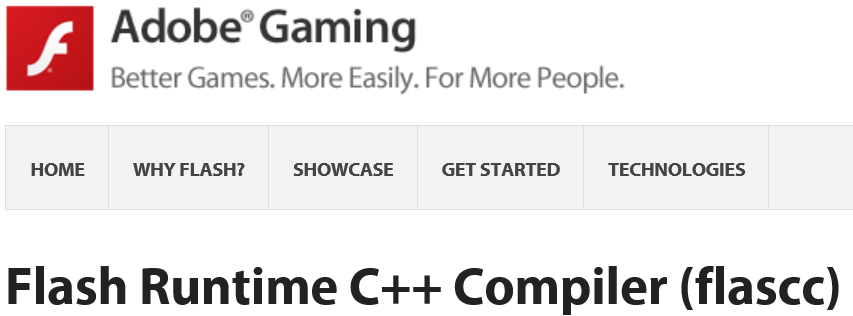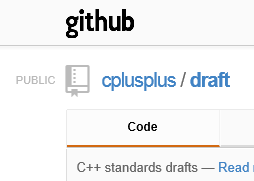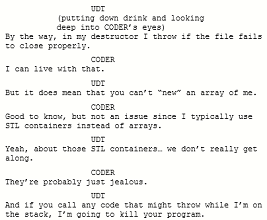just::thread 1.8.0 released

What's new:
- The big news with this release is the new support for Microsoft Visual Studio 2012, so you can continue to take advantage of just::thread when upgrading your compiler.
- A fix for using just::thread in a DLL on Windows XP.
- Minor fixes and improvements to the generated code across all platforms.

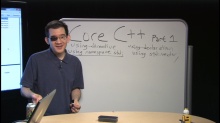 Core C++, 4 of N: Virtual Functions -- Stephan T. Lavavej
Core C++, 4 of N: Virtual Functions -- Stephan T. Lavavej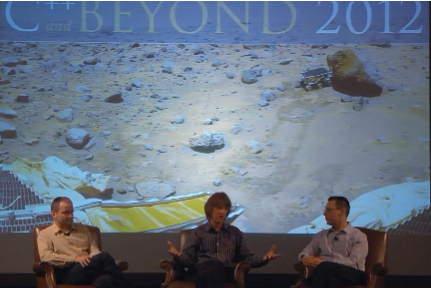
 Release 1.51.0 of the Boost C++ Libraries is now available.
Release 1.51.0 of the Boost C++ Libraries is now available. User-defined literals — Part I
User-defined literals — Part I